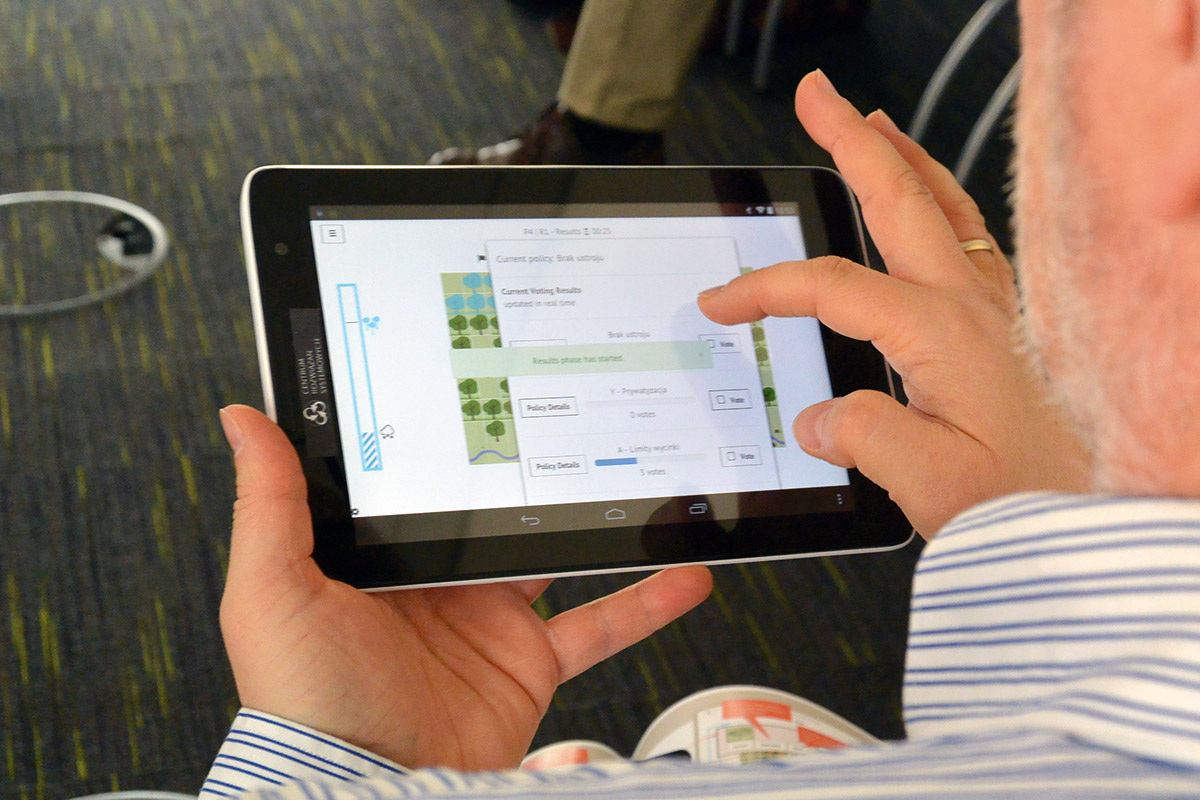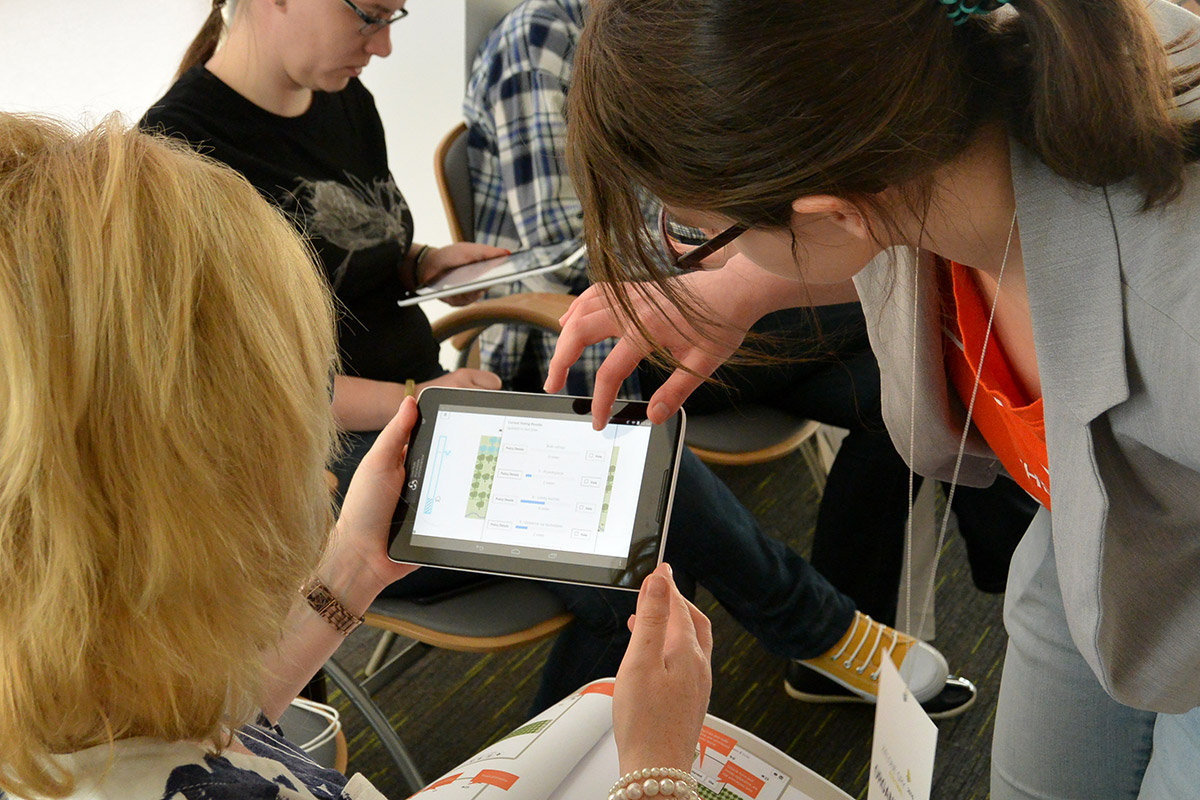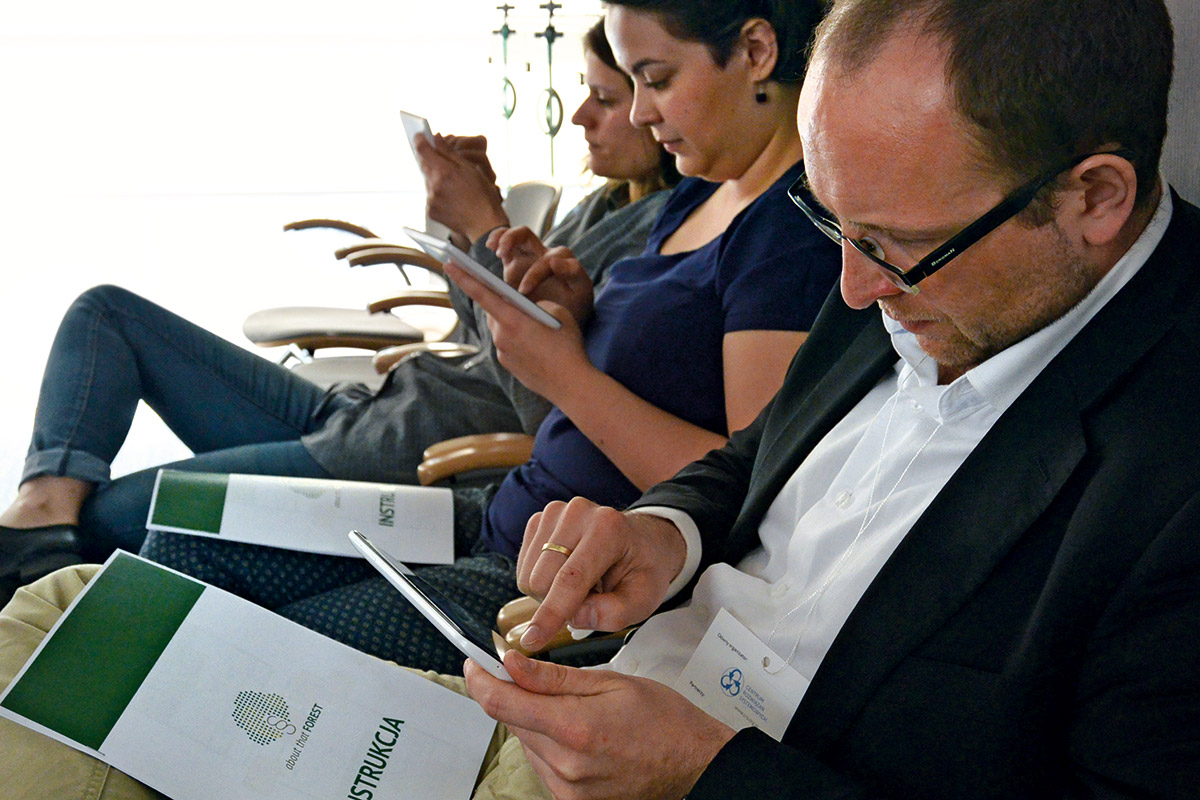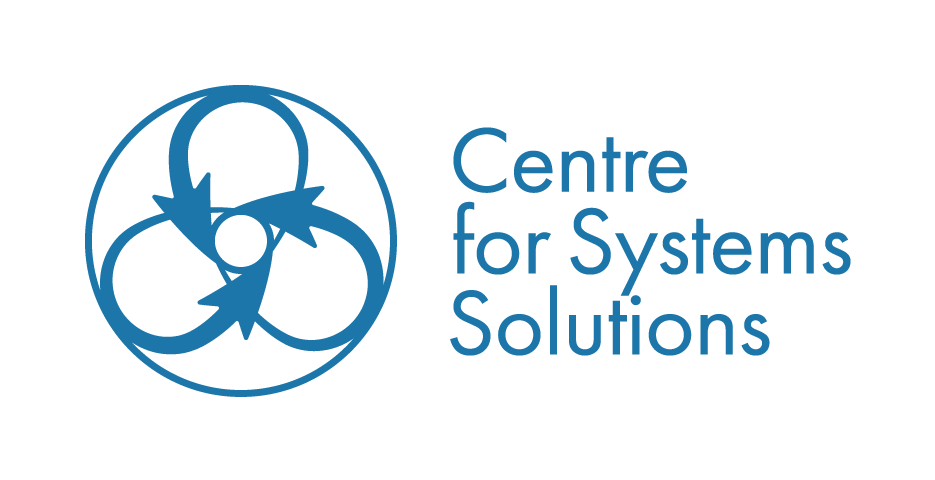Meanwhile, inclusive solutions that adopt multiple worldviews may prove successful in long term even though they may not be optimal for all. With the broader group of stakeholders the range of possible options and tested solutions expands. All this leads to more stable rules for effective management of common goods, such as forest, clean freshwater, healthy ecosystems, or public safety.
Players become the members of a village community who live off the jointly managed forest. While the community rules don’t always match their individual needs, players passionately argue about them, rebel or renegotiate conditions. The dilemmas faced by villagers serves as a metaphor for social, economic, and cultural processes driving critical sustainability issues.
The game has been played in Austria, Poland, Hungary, China, Ireland, and many other countries. About that Forest is also regularly used as an experimental research tool at IIASA.
Benefits
Technical details
What participants say
Contact







